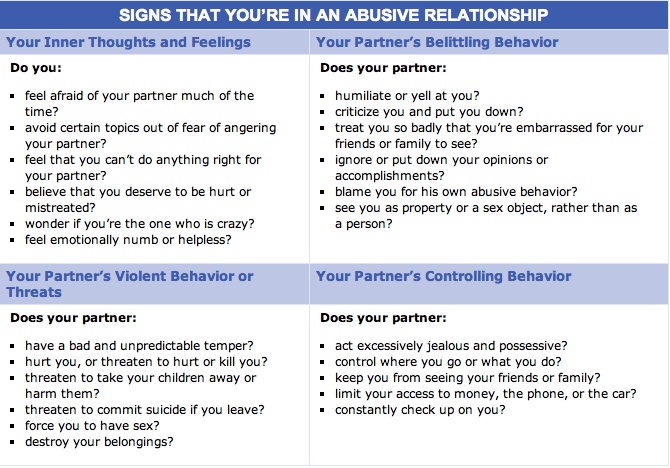 Recovering alcoholics say there is magic to be found in the rooms of their support groups. I have experienced and benefitted from that, but, like others can’t name the exact ingredient of the meetings that has healing faculties.
Recovering alcoholics say there is magic to be found in the rooms of their support groups. I have experienced and benefitted from that, but, like others can’t name the exact ingredient of the meetings that has healing faculties.
Tara Handron, a playwright and actress, does as good of a job as anyone I’ve known, at uncovering why and how recovering alcoholics are able to stay sober when they spill their guts between four walls.
Last night I attended her one-person performance, a 60-minute play, that discards clichéd portrayals of recovery and relies on complex characters and richly layered stories to expose the raw emotions so many alcoholic women experience. Tara’s back-to-back portrayals of over 20 female alcoholics of various ages, ethnicities, and socio-economic backgrounds come out of her own thesis research on the subject, in face-to-face and computer mediated recovery meetings, as part of her Master’s degree program at Georgetown University. She challenges the role of technology, specifically online recovery meetings, is playing in the rehabilitation of alcoholics in the new millennium.
In watching the performance, and especially in the examples of online groups she presented, I realized the same things happen on the comboxes of Beyond Blue posts and on the discussion threads of Group Beyond Blue. We really are, in essence, a support group for each other.
I laughed when Tara acted out the part of “the inner critic,” “fear,” and “humility.” Especially poignant was her rendition of “hope” and it’s literal definition: “to cherish a desire of good, or of something welcome, with expectation of obtaining it or belief that it is obtainable.”
An equally intriguing look at recovery from a variety of different perspectives is the site, “Drinking Diaries,” to which I contributed earlier this year. Christina Gombar writes an entertaining bar tale, and the editors just posted an interesting study that will be done at Yale on women and addiction. Why the study?
“The stark reality is that addictive behaviors in women currently rank among our most prevalent health concerns; disorders involving these behaviors are linked to some of the top causes of mortality and preventable disease,” said Carolyn M. Mazure, the study’s principal investigator, a professor of psychiatry and psychology and director of Women’s Health Research at Yale. “Our unique training program fills a great need for new researchers who can bridge many areas to fully understand addictive behaviors in women.”
Click here to check out “Drinking Diaries.”
* Click here to subscribe to Beyond Blue and click here to follow Therese on Twitter and click here to join Group Beyond Blue, a depression support group. Now stop clicking.

